It can be hard to stay healthy in a convention center filled with thousands of people — unless, of course, you’re at the GPU Technology Conference, where healthcare players big and small are showcasing the latest innovations in AI and medicine.
GTC 2019, held last week in Silicon Valley, featured more than 40 healthcare sessions, four panels, several booth exhibits and a handful of meetups. More than a dozen healthcare startups from the NVIDIA Inception program were part of the packed lineup, with five delivering a series of lightning talks.
One area of the GTC show floor was reserved for Inception startups, with nearly 50 setting up booths to show off their latest demos. An Inception Theater featured lightning talks, where crowds gathered to hear the companies give five-minute talks about their work.
In its booth, digital health startup DDH showed off its AI models for dental applications, full-body MRI screens, and disease diagnosis for Alzheimer’s and lung cancer. The company, a second-time GTC attendee, also had a poster accepted to this year’s poster session.
South Korean startup Lunit is using AI to provide better quantitative assessments of diseases from medical images, including mammograms and chest x-rays. The company’s goal is to reduce false positives, false negatives and unnecessary tests — particularly invasive ones like biopsies. In its GTC booth, Lunit demonstrated its latest chest x-ray AI.
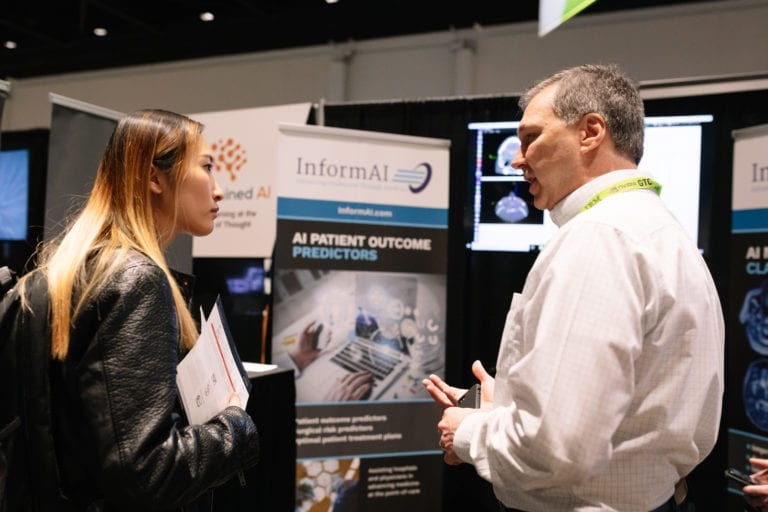
InformAI, a company developing AI-enabled 3D medical image classifiers and patient outcome predictors, showcased its sinus image classifier in the booth. Trained on NVIDIA V100 GPUs through the Microsoft Azure cloud platform and with an onsite NVIDIA DGX Station, the deep learning model can detect 23 medical conditions from 3D CT head scans.
Another Inception startup, doc.ai demonstrated its medical research platform that can run medical studies from a mobile phone. The company’s co-founder and CEO, Walter De Brouwer, spoke on a healthcare panel focused on “Healthcare in the AI Era: Innovating with Data and Its Implications.”
At the panel, De Brouwer discussed the trend of growing datasets in healthcare and addressed data privacy as one of the implications. Certain deep learning healthcare applications transfer data to the cloud, which increases concerns of privacy. Instead, he suggested, patients can be entrusted with their own data.
“You can store all your information on your smartphone, and you can do some local predictions. You don’t need Wi-Fi or the cloud, and it’s extremely fast,” he said.
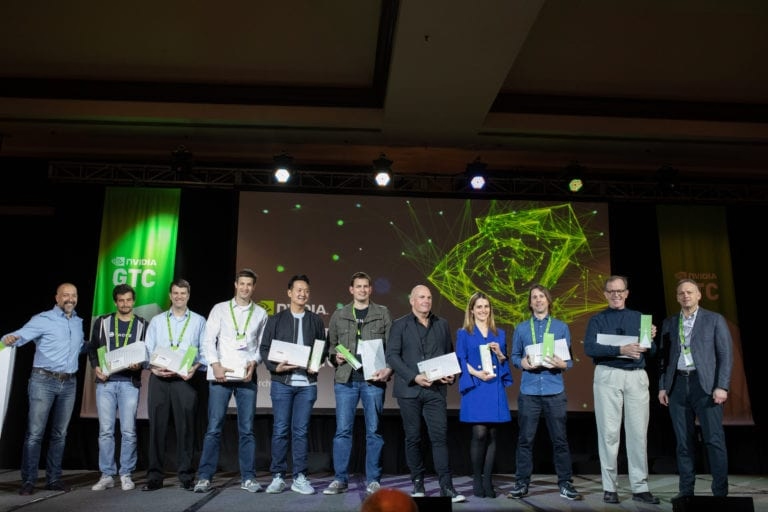
“It’s our first GTC, but we’re looking forward to being here again many times over,” said Akshay Sharma, doc.ai’s chief technology officer. “As an Inception program member, this is an opportunity to showcase the AI we are building for medical research and learn from what others are doing in the space.”
And at an Inception Showcase held at the Fairmont Hotel in San Jose, eight of the hottest startups in the program presented in front of an audience that included investors, media and industry executives. Vyasa Analytics, which builds deep learning software for life sciences and healthcare companies, was one of the participants — all of which received an NVIDIA TITAN RTX GPU at the event.
For a deeper dive into their products and projects, a half-dozen Inception healthcare startups led sessions during the week. Subtle Medical CEO Enhao Gong spoke about data augmentation and GANs as tools to overcome the barrier of inadequate training data for medical imaging. Daniel Golden, director of machine learning at Arterys, led a session on neural networks used for volumetric assessment of liver lesions.
Another Inception startup, Innoplexus, gave two talks: one on GPU-powered applications for faster drug development, and another on parsing information from large, textual datasets in life sciences.
NE Scientific presented a session on how deep learning can be used for computerized surgical guidance in liver tumor ablation.
Richard Tobias, CEO of Santa Clara-based Cephasonics Ultrasound Solutions, spoke about the startup’s use of NVIDIA GPUs and the Jetson Xavier developer kit for powerful, AI-ready ultrasound hardware.
The vast majority of data collected during an ultrasound is thrown away before it can be stored and analyzed. But GPU-powered AI models can crunch that data and extract information that can help clinicians, he said. “We’ve got to move the math closer to the source.”

Unlike other medical imaging techniques, ultrasound is safe to be used in situations like surgery, where an AI model could help a surgeon gain visibility into an area of the body in real time before making an incision.
Cephasonics’ platform is used by Inception startup ImFusion, another GTC session presenter. Raphael Prevost, senior scientist at ImFusion, spoke about how deep learning algorithms can be used for ultrasound image enhancement, anatomy classification and 3D reconstruction of 2D video clips.
NVIDIA T4 GPUs enable accelerated AI training and inference while using just 70 watts of power. These powerful GPUs are already being adopted into mainstream enterprise servers — and demonstrating their potential for medical imaging startups.
San Diego-based startup 12 Sigma Technologies is using deep learning to examine lung CT scans, helping radiologists detect small, hard-to-spot lung nodules. Finding smaller malignant nodules can improve early detection of lung cancer, a condition that accounts for a quarter of all cancer deaths in the U.S. Using an NVIDIA T4 cluster, the company can run its lung cancer screening product 18x faster compared to using a CPU for inference.
InferVISION, one of China’s top medical imaging startups, is also focusing on lung nodule analysis and prediction from CT scans. When using T4 GPUs for inference, its team achieved speedups of around 4x over CPU. The startup’s product, InferRead CT Lung, automatically identifies and labels different types of lung nodules in under 30 seconds, which can help reduce radiologists’ workloads.
Silicon Valley-based Subtle Medical is developing a suite of medical imaging software applications powered by deep learning. Its first FDA-cleared product, Subtle PET, enhances scan images so clinicians can run up to 4x faster PET scans — improving patient comfort while speeding up the radiology workflow. Deployed on NVIDIA T4, SubtlePET inferencing is accelerated 3.5x over CPUs.
Originally published on NVIDIA.

Frankfurt, Germany & Miami, FL, USA – March 17, 2025 – Partex NV and Fortress Biotech, Inc. (Nasdaq: FBIO) (“Fortress”), an innovative biopharmaceutical compan...

Frankfurt, Germany, 20th February, 2025 – Partex is pleased to announce a strategic collaboration with Princeton Drug Discovery Ltd (PDD), a leading biotech c...

Pune, [13-02-2025]: Pimpri Chinchwad University (PCU) reaffirmed its commitment to technological excellence and academic innovation by organizing a two -day Fac...
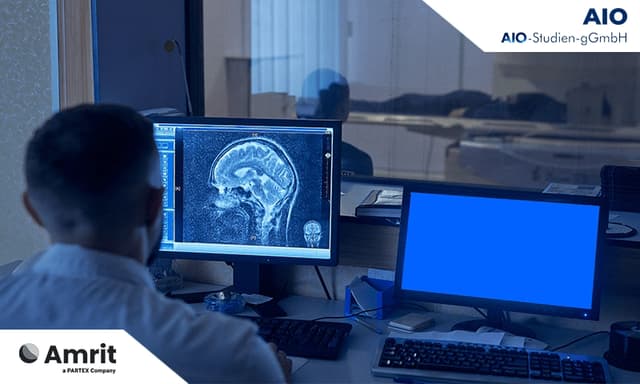
Pressemitteilung vom 08.01.2025 Die Amrit AG, ein Unternehmen der Partex Gruppe - einem führenden Anbieter von KI-Lösungen im Gesundheitswesen - gibt heute de...
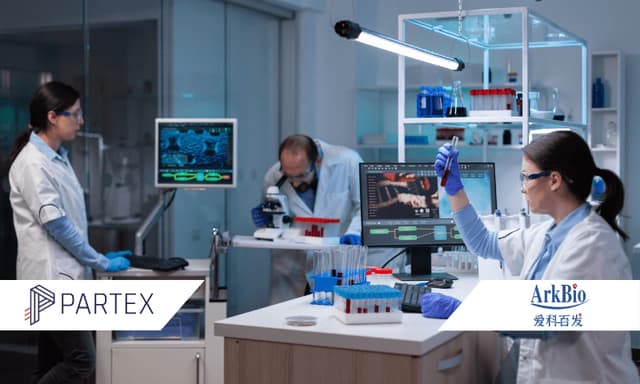
Partnership aims to expand therapeutic potential of proprietary autotaxin inhibitor through AI-driven approach Frankfurt, Germany – Date – Partex, a leader in ...
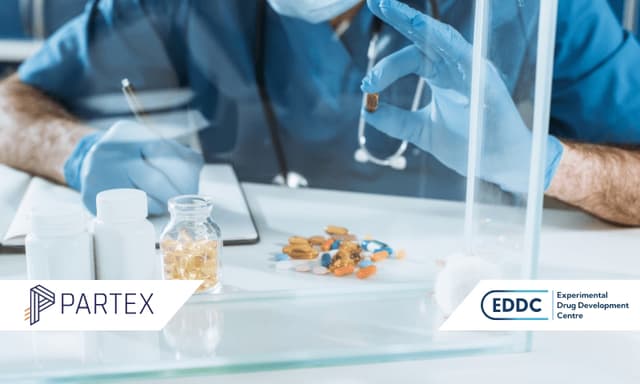
Frankfurt, Germany, 3 rd June 2024, 9am CET Partex, a leading provider of AI-driven solutions in the pharmaceutical industry, is thrilled to announce i...
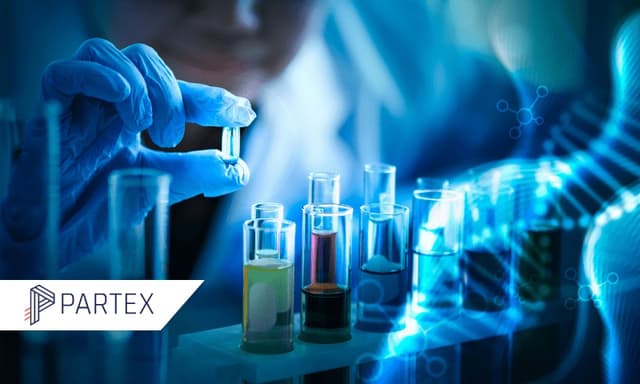
Frankfurt, Germany, 23 April 2024 – Partex, a leading provider of AI-driven solutions in the pharmaceutical industry, is thrilled to announce its partnership wi...
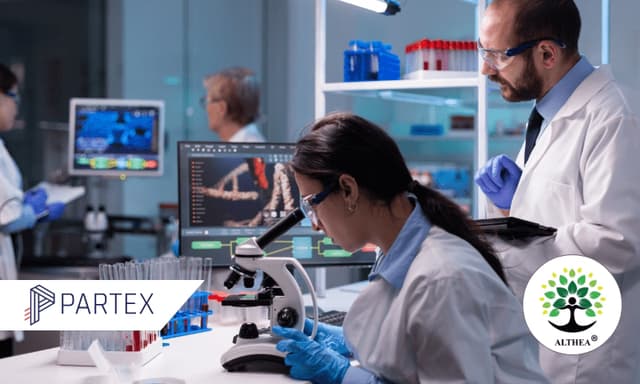
Frankfurt, Germany; 28 March 2024 – Partex Group, a pioneer in AI-driven drug discovery, announces a collaboration with Althea DRF Lifesciences, an established ...
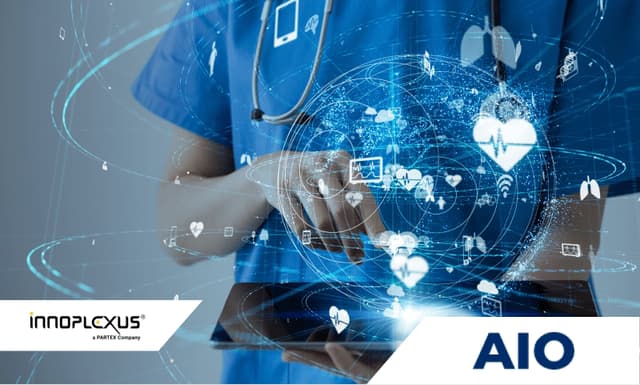
During the German Cancer Congress 2024 in Berlin, the companies Innoplexus AG /Amrit AG, companies of Partex N.V., presented the results of a pilot project carr...
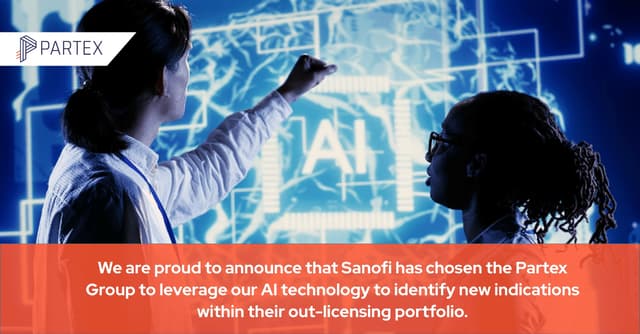
Frankfurt, Germany; 14 March 2024 Partex Group, a pioneer in AI-driven drug discovery, today announces a collaboration with global pharmaceutical giant Sanofi, ...


Innoplexus wins Horizon Interactive Gold Award for Curia App
Read More